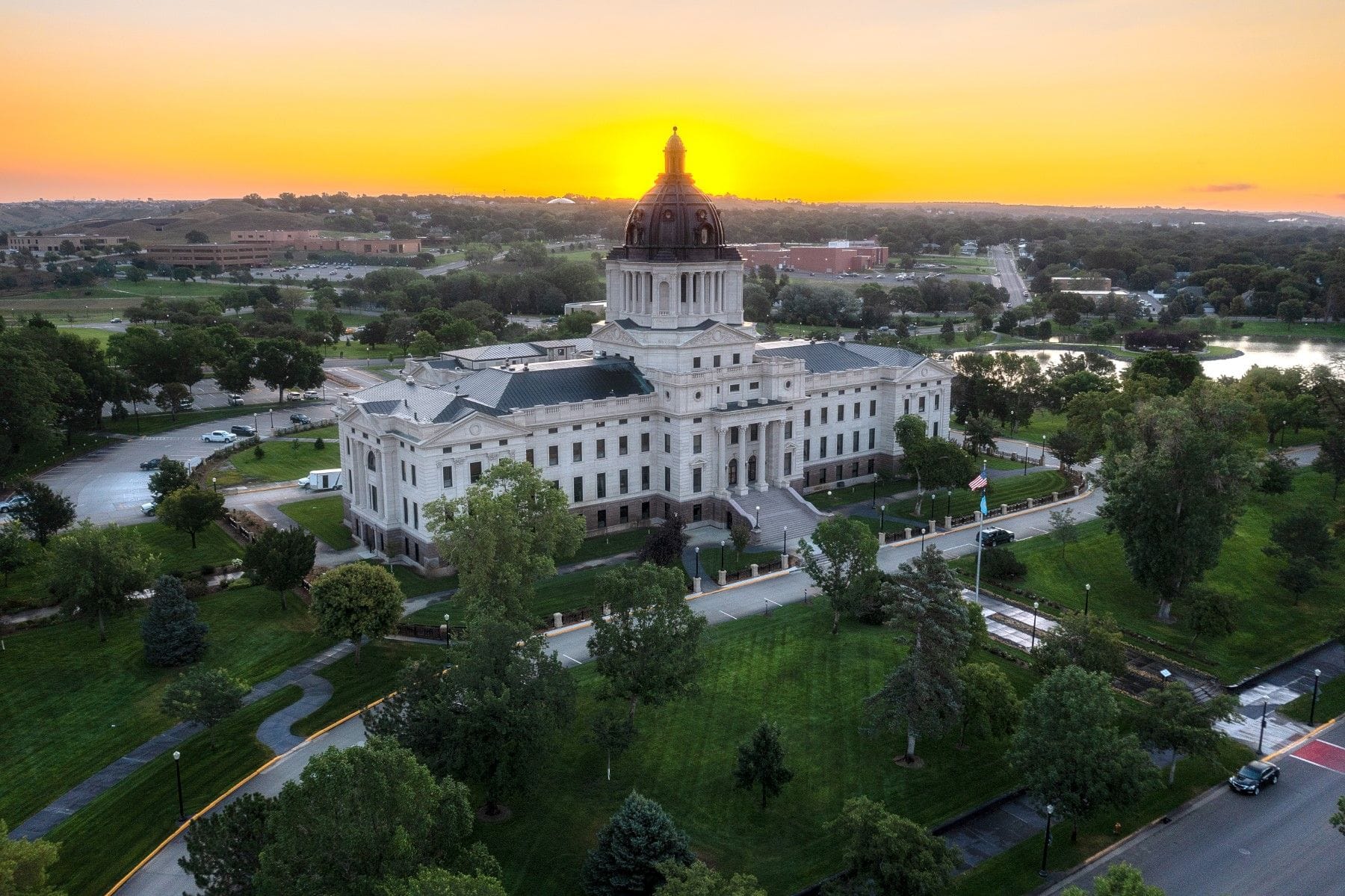South Dakota Expert Witness Report Rules
Expert witness reports in South Dakota are usually not required unless ordered or requested, focusing on discovery responses rather than formal reports.
Updated on
In this article
Are Expert Witness Reports Required in South Dakota?
In South Dakota, expert witness reports are not generally mandated unless specifically requested through discovery or ordered by the court. Under SDCL 15-6-26(b)(4)(A), parties may require the disclosure of expert opinions through interrogatories, which include the identity of the expert and the substance of their intended testimony. The statute allows for discovery to reveal expert evidence, ensuring both parties have access to the necessary information before trial. Typically, a scheduling order will dictate the timeline for these disclosures, often requiring plaintiffs to disclose experts and their opinions by a certain date, with any reports attached if applicable.
What is Required in a South Dakota Expert Witness Report?
When an expert witness report is required in South Dakota, it must include:
- The expert's opinions and the bases for those opinions.
- The facts, data, or other information considered by the expert in forming their opinions.
- Any exhibits that will be used to support the expert's testimony.
- The expert’s qualifications, including their experience and publications.
- The expert's compensation for their involvement in the case.
Unlike the federal standard, South Dakota does not automatically require comprehensive expert reports unless specifically ordered or requested in the course of discovery. The requirement to summarize experts' opinions in discovery responses serves as a key deviation from the federal process.
Scope and Authorship of the Report
In South Dakota, the expert witness typically drafts and signs the report, though attorneys can be involved in its preparation. The extent of permissible attorney involvement is generally limited to ensuring compliance with procedural requirements without dictating the substance of the expert's opinions. The scope of the report may vary depending on the complexity of the case and the type of expert testimony involved, with more detailed reports often required in complex litigation.
Missing, Deficient, and Untimely Reports
Failure to disclose an expert witness or provide the required information can result in significant consequences under SDCL 15-6-37). Potential sanctions include the exclusion of the expert's testimony at trial. Courts may also impose other remedies, such as continuances, to address deficiencies or delays in meeting disclosure obligations. These responses aim to prevent any undue advantage and maintain fairness in the litigation process.
Original, Supplemental, and Rebuttal Reports
South Dakota does not specifically use the terms "supplemental" or "rebuttal" reports within its procedural rules. However, parties may be required to update or supplement expert disclosures if new information arises or if initial reports are incomplete. The timing and necessity of such updates depend on the court’s scheduling order and the evolving nature of the case.
Relevant State Rules and Legal Requirements
The primary governing rule for expert witness disclosures in South Dakota is SDCL 15-6-26(b)(4)(A), which outlines the discovery process for expert information. Noteworthy cases interpreting these rules emphasize the importance of detailed and timely disclosures to prevent prejudice and ensure a fair trial. Unlike federal practice, South Dakota’s approach relies more heavily on discovery responses and depositions rather than formal reports, allowing for flexibility based on the court's directives and the specific needs of the case.


